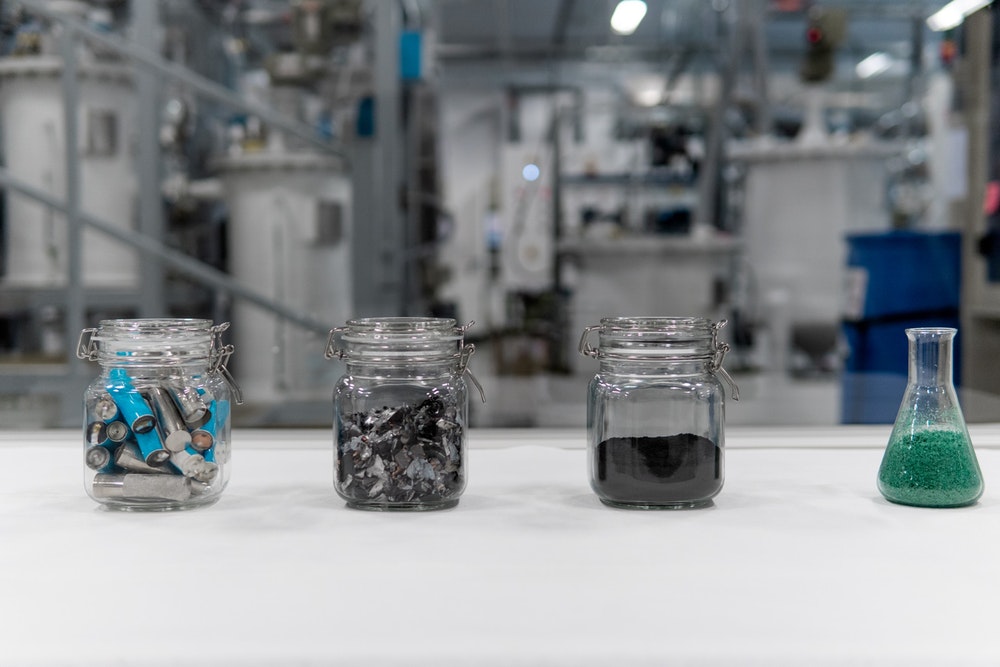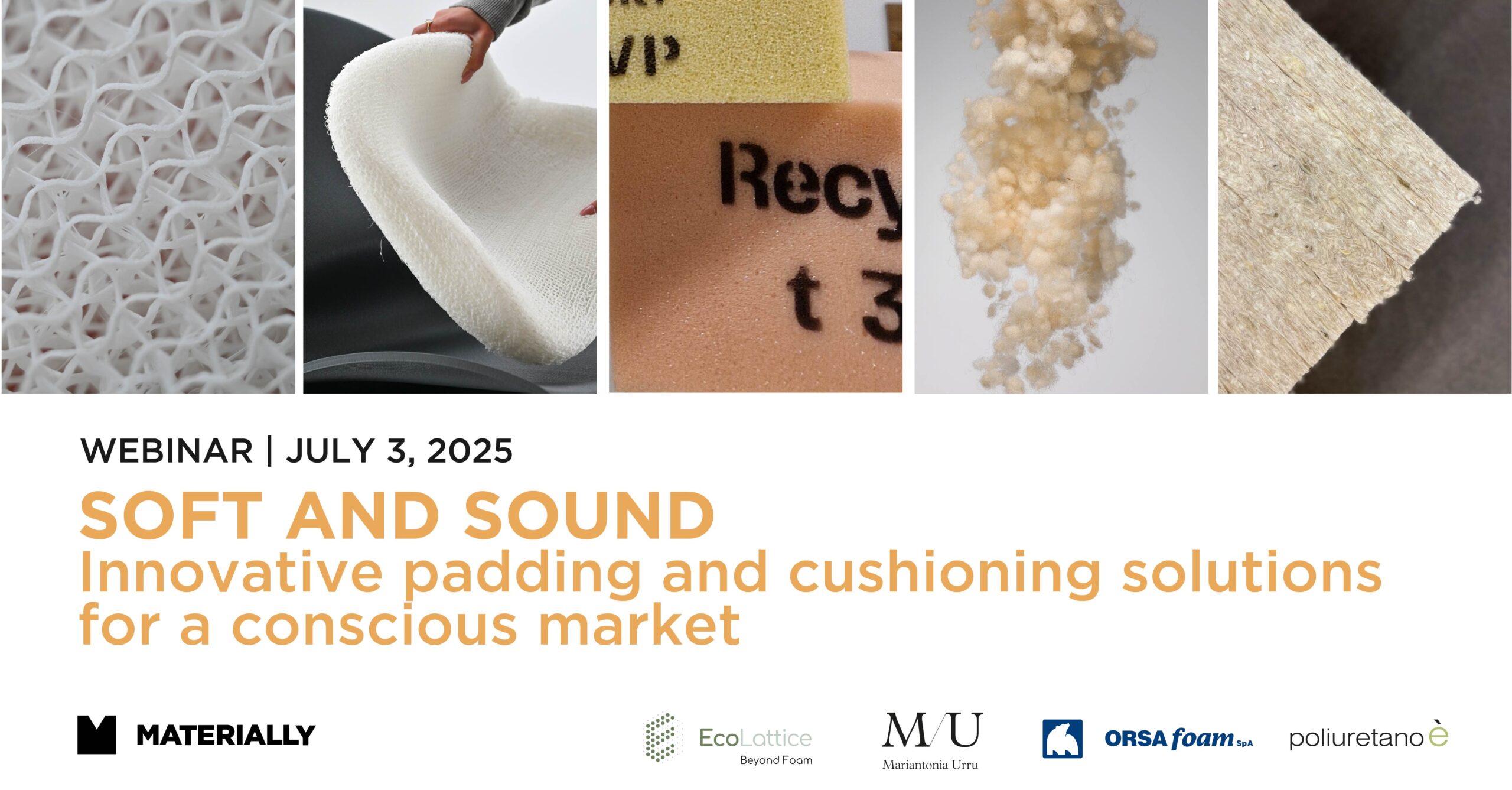
Sustainability and technological innovation: battery recycling becomes a tangible solution
Image curtesy of Northvolt
Estimates indicate that by 2030 in Europe alone, approximately 250,000 tons of batteries will reach the end of their life cycle. A possible solution comes from the Revolt recycling program, launched by the Swedish Northvolt in 2019 with the aim of recycling 100 tons of NMC (nickel, manganese and cobalt) and NCA (nickel, cobalt and aluminum) batteries per year, now raised to 125,000 tons, corresponding to approximately 30 GWh of annual battery production.
Northvolt, developer and manufacturer of lithium-ion batteries for the electric mobility market, has developed a recycling process with low environmental impact – the basis is a non-energy-intensive hydrometallurgical treatment, which involves the use of an aqueous solution as means to isolate metals and separate them from impurities – and has announced that it has succeeded in making the first NMC battery cell with 100% recycled material with performances equivalent to those of cells made with freshly extracted materials.
Also by 2030 the company has the production of cells including 50% recycled material on its agenda, for which it plans the construction of a large-scale recycling plant next to the Northvolt Ett gigafactory in Skellefteå, which will process end-of-life rechargeable batteries from electrical vehicles (potentially also from third parties), as well as production waste generated by the existing plant.
In addition to the chemical components of the cells, the company also foresees the recovery of further elements, such as copper, aluminium and plastic, which will be directly reintroduced into the internal production cycles. The proprietary recycling process represents a sustainable and ecologically preferable alternative to the conventional extraction methods adopted for sourcing the raw materials necessary for the production of batteries and allows to recover up to 95% of the metals making up a battery with a level of purity that equals that of virgin material.
In Italy, Top Form has developed batteries described as 3 times lighter than lithium-ion batteries made with secondary raw materials and producible with a short chain ‘made in Tuscany’: mainly made up of recycled aluminum and cellulose, they recharge quickly and are easy to recycle

